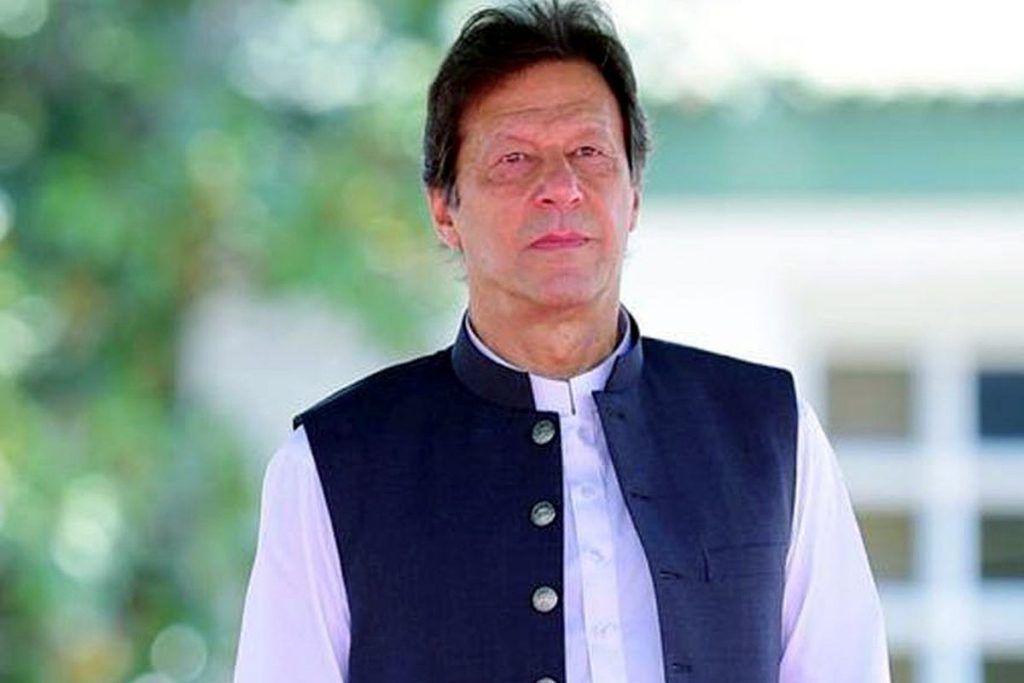
Pakistani Prime Minister Imran Khan. (File Photo: IANS)
Introduction:
Imran Khan, the former cricket star turned politician, has been a prominent figure in Pakistani politics for several decades. Serving as the Prime Minister from August 2018 to April 2022, Khan’s tenure has been marked by both accomplishments and challenges. As of the latest developments, his political situation remains dynamic, with a range of factors influencing his standing in the eyes of the public and the international community.
Cricket to Politics:
Imran Khan’s journey from the cricket field to the political arena is nothing short of remarkable. Known for leading the Pakistani cricket team to its first World Cup victory in 1992, Khan transitioned to politics in the mid-1990s. He founded the Pakistan Tehreek-e-Insaf (PTI) in 1996, aiming to bring about positive change and address the issues facing the country.
Political Ascension:
After years of struggle and perseverance, Imran Khan’s PTI gained momentum in the 2018 general elections. Riding on the wave of anti-corruption sentiments and promises of a ‘Naya Pakistan’ (New Pakistan), Khan secured a majority in the National Assembly, paving the way for his premiership. His early days in office were characterized by ambitious economic reforms, anti-corruption initiatives, and efforts to improve governance.
Challenges Faced:
However, Imran Khan’s tenure as Prime Minister was not without its challenges. Economic difficulties, inflation, and a growing public dissatisfaction with the government’s performance posed significant hurdles. The handling of foreign policy matters, particularly strained relations with India and the United States, also attracted criticism.
Furthermore, Khan faced opposition from various political quarters, with opponents accusing his government of mismanagement and failure to deliver on key promises. The fragility of his coalition government, which relied on a slim majority in the National Assembly, added to the complexities of governance.
Recent Political Developments:
In the most recent political developments, Imran Khan faced a vote of no-confidence in the National Assembly. The opposition, led by a coalition of parties, cited grievances ranging from economic challenges to allegations of election rigging. The no-confidence motion led to a political crisis, with intense debates, protests, and negotiations dominating the political landscape.
As of the latest updates, the no-confidence motion was successfully passed, leading to Imran Khan’s resignation as the Prime Minister. The political transition marked a significant moment in Pakistan’s democratic history, showcasing the strength and resilience of its democratic institutions.
Legacy and Future Prospects:
Imran Khan’s legacy will be shaped by the successes and shortcomings of his time in office. While he initiated reforms in various sectors, the effectiveness of those reforms and their long-term impact will be subject to scrutiny. The peaceful transition of power following the no-confidence vote underscores the democratic processes in Pakistan, highlighting the importance of political stability.
Looking forward, Imran Khan’s future role in Pakistani politics remains uncertain. As a seasoned politician, he may continue to play a significant role in shaping the nation’s trajectory, either within or outside formal political office. The challenges faced during his tenure serve as lessons for future leaders, emphasizing the need for effective governance, economic stability, and diplomatic finesse.
Conclusion:
Imran Khan’s journey from cricketing icon to Prime Minister has been a captivating saga, reflecting the complexities of Pakistani politics. As he steps down from office, the nation stands at a crossroads, poised for new leadership and fresh opportunities. The evolving political situation in Pakistan will undoubtedly continue to capture the attention of both domestic and international observers, as the country navigates the path to a ‘Naya Pakistan.’






